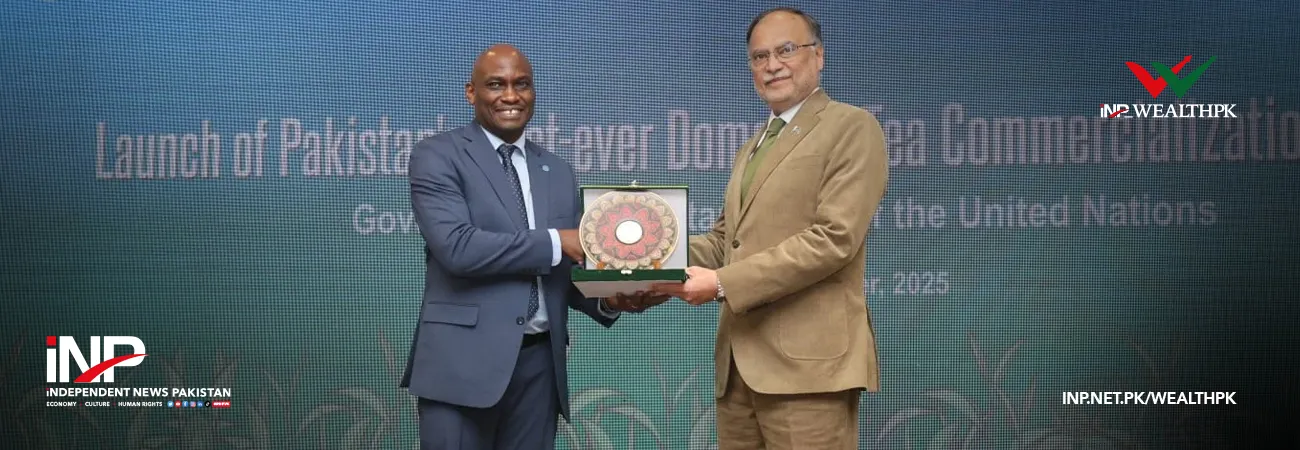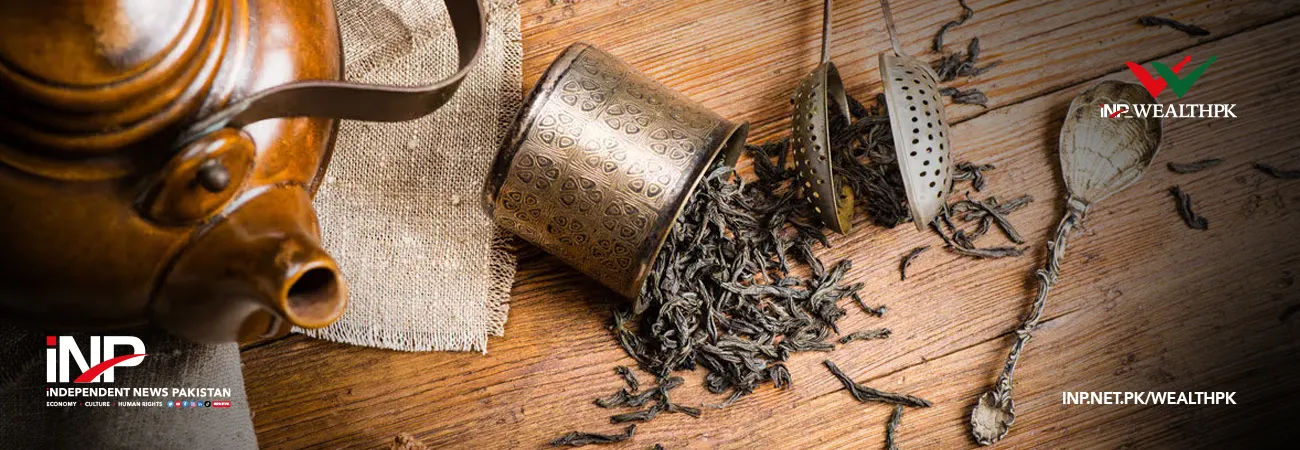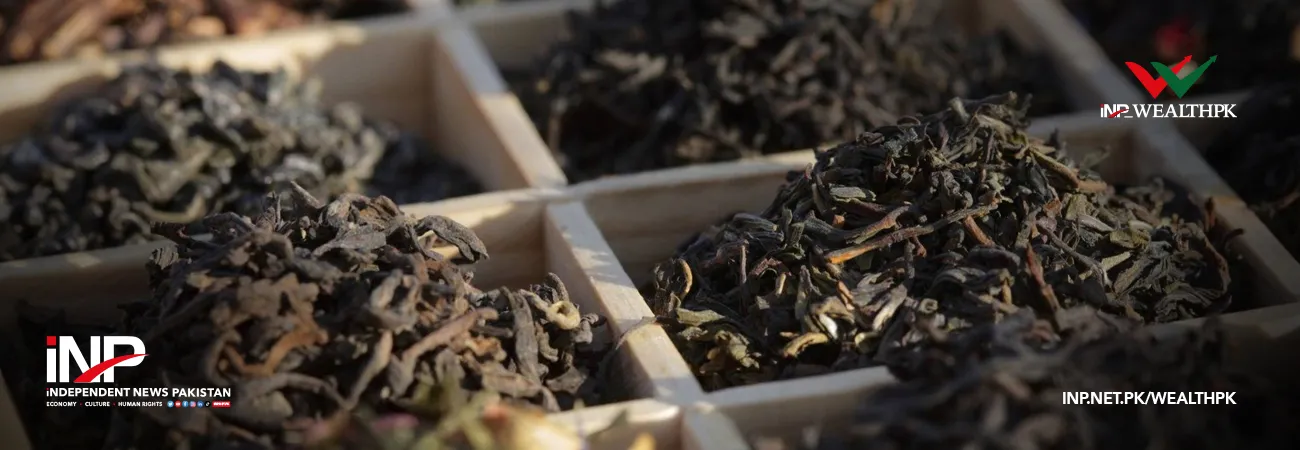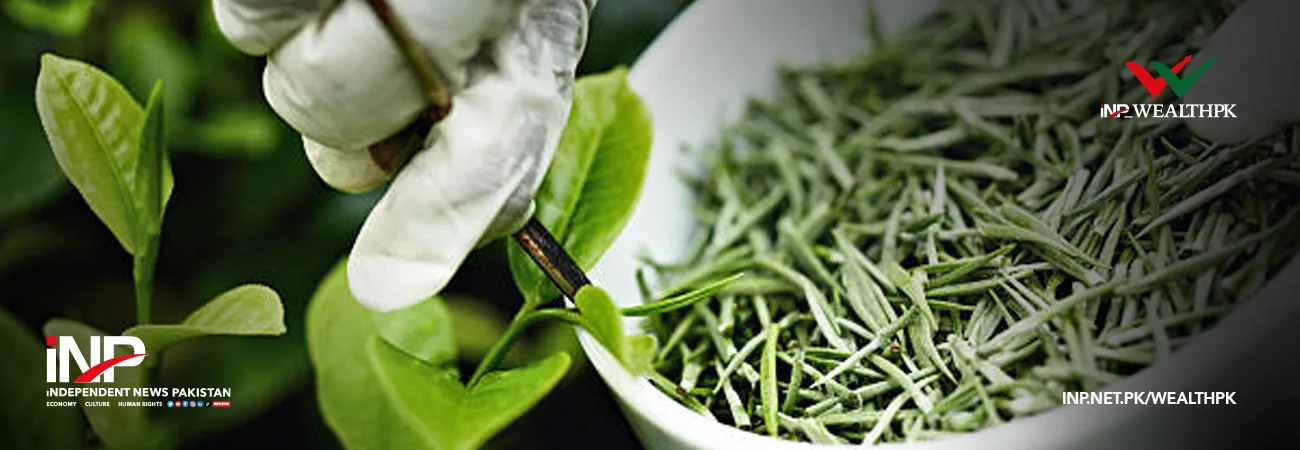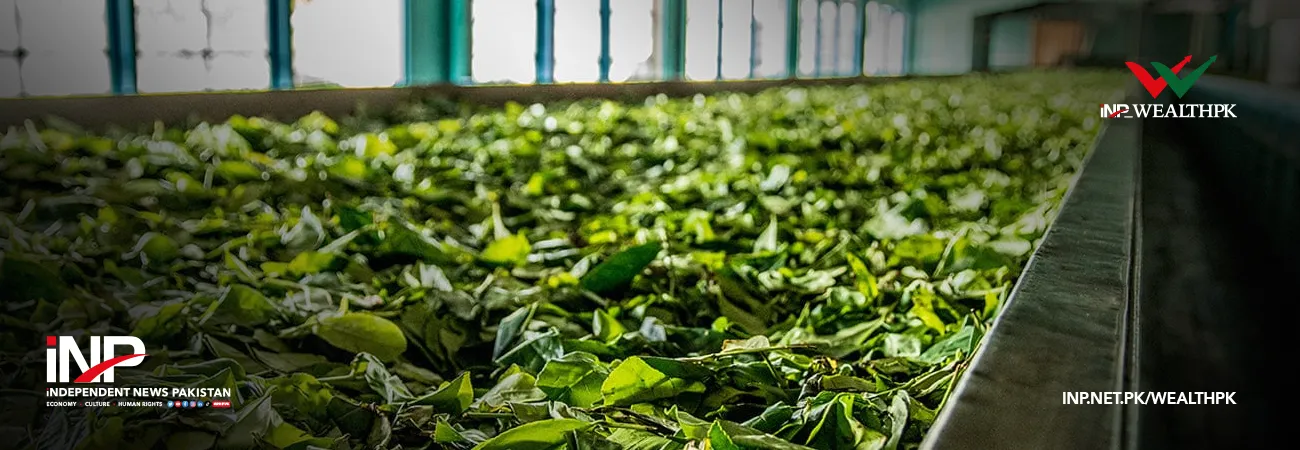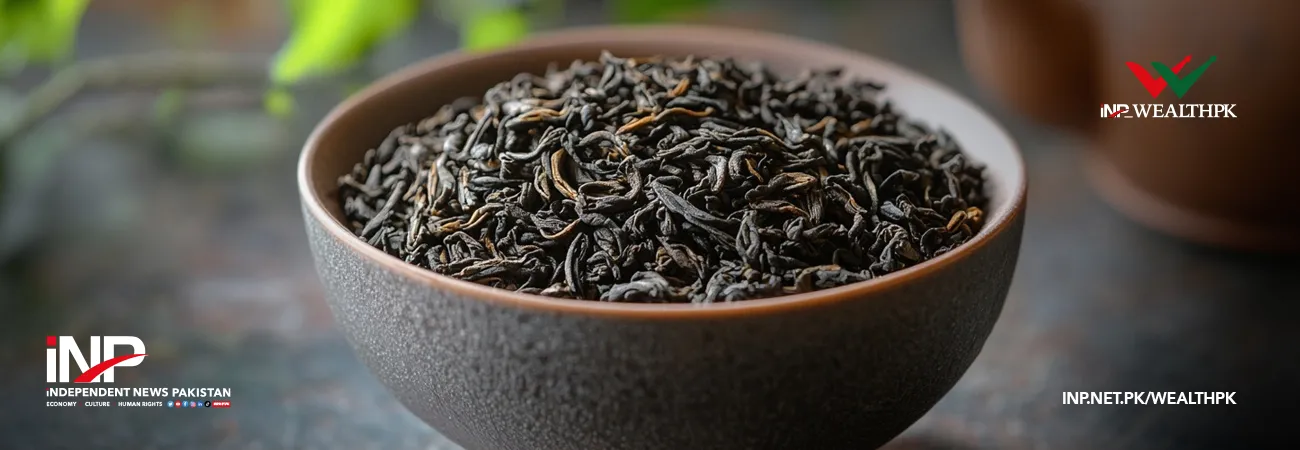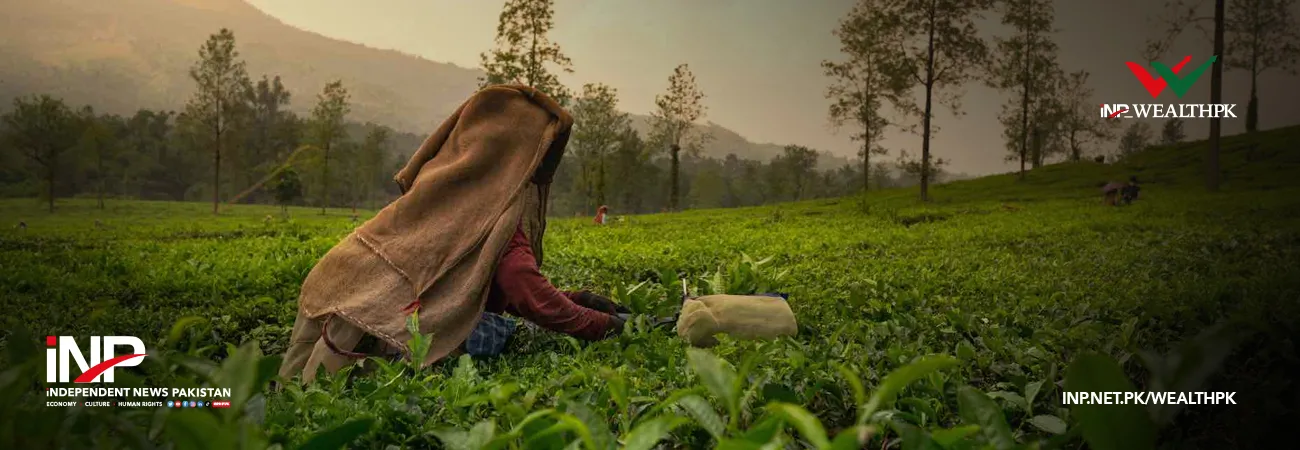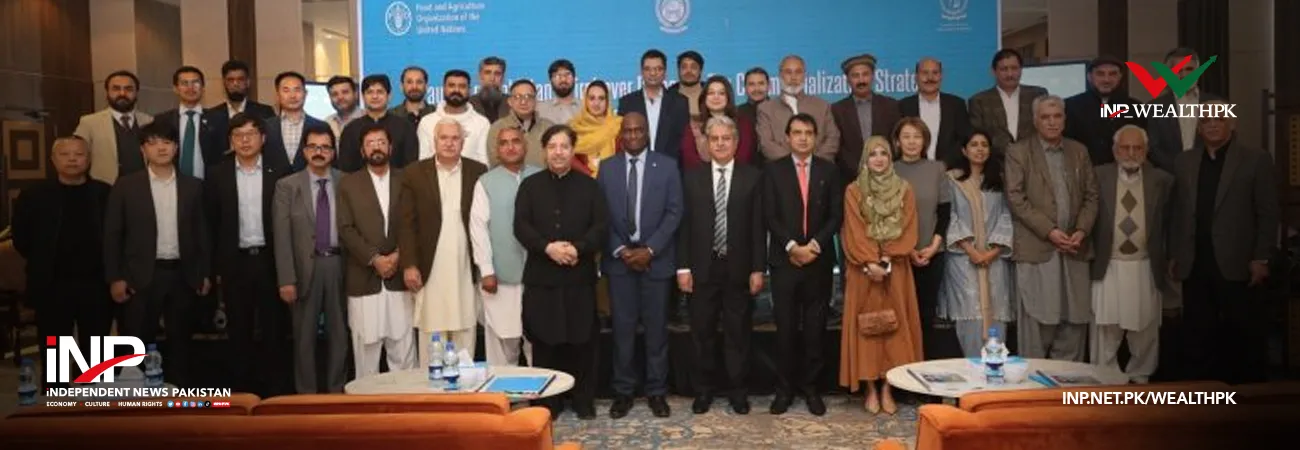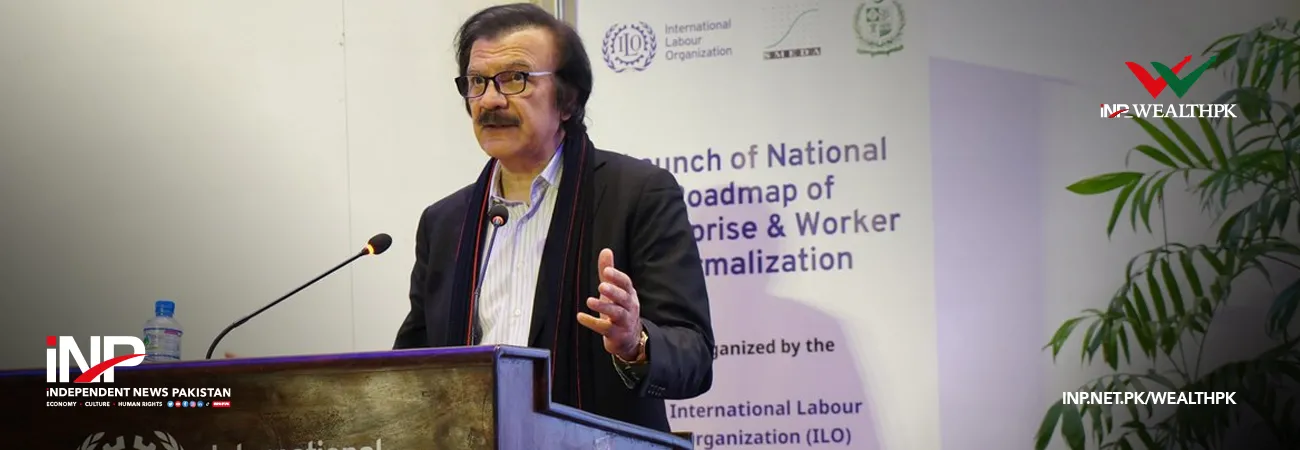INP-WealthPk
Faiza Tehseen
Pakistan can effectively enhance water quality and better manage its water resources by adopting the advanced South Korean technology. This strengthened partnership can also prove promising for capacity-building, technology transfer, and modern infrastructure development, said Muhammad Saleem, media spokesperson for the climate change and environmental coordination ministry, in an exclusive interview with WealthPK.

“South Korea is reputed for its smart membrane filtration, industrial waste water treatment technologies, and smart water grids. All these approaches are being used to reduce wastage, purify water and monitor water quality in real time. So, for environmental sustainability, Pakistan should adopt these systems to address both industrial and domestic water needs.” He said clean water scarcity and pollution are affecting millions of people in Pakistan, posing a significant hurdle to industrial growth. To tackle water quality issues, an initiative has been taken with the help of the South Korean govt but more efforts are still required. Saleem said, “Water quality can be adversely affected by climate change.
Globally, cumulative heat causes reduced oxygen levels, impacting the aquatic ecosystems, and increasing the temperature of water bodies. Warmer waters become more prone to algal blooms and toxic cyanobacteria that contaminate water and harm the aquatic life as well.” He said heavy rainfall increases runoff carrying pollutants (industrial waste, fertilizers, and pesticides) into fresh water sources. Prolonged dry periods pollute water bodies, causing poor water quality, higher salinity, and reduced contaminant dilution. The international community, especially the Global South, receives water of deteriorating quality.
Poor water quality increases waterborne diseases often amplified by extreme weather events – floods and droughts. Saleem further said, “The described project includes significant upgrades to different segments addressing the water quality enhancement – water quality testing laboratories, capacity building initiatives for laboratory staff, the introduction of Management Information System (MIS) for improved coordination, Quality monitoring is vital to provide clean drinking water to communities. About 44% of the population in Pakistan lacks access to safe drinking water. Enhanced water quality reduces health risks.
Under the Pak-Korean partnership, for better water management and enhanced water quality, some initiatives are necessary. These include quality water testing laboratories, capacity-building of laboratory staff, awareness concerning management information system (MIS). The climate change and environmental coordination ministry started the $4.4 million ‘Enhancing Water Quality Monitoring System’ in Islamabad, Punjab, and KP to achieve SDG-6.
Korea International Corporation Agency (KOICA), under its partnership initiative, is helping Pakistan to monitor the drinking water quality in close collaboration with the Punjab and KP provincial governments, Pakistan Council of Research in Water Resources (PCRWR) and Pakistan Environmental Protection Agency (PAK-EPA). The said project will go a long way towards benefiting more than 62 million people in Islamabad, Khyber Pakhtunkhwa and Punjab provinces in Pakistan, he added.
Discussing the importance of Pak-Korea partnership to improve water quality for both domestic and industrial use, social safeguard specialist and Chairperson Centre for Rural Change (CRC) Muhammad Saleh Mangrio said, “The rural areas across the country are facing the water scarcity issue. South Korea is reputed for its smart water cleaning technology and getting its coordination is a good initiative.” He said besides getting coordination, Pakistan should focus on the transfer of technology, expertise, and training to handle future projects. Indigenous expertise will benefit in the long run. Pakistan should also enhance networking with South Korea to its remote areas.
Credit: INP-WealthPk




